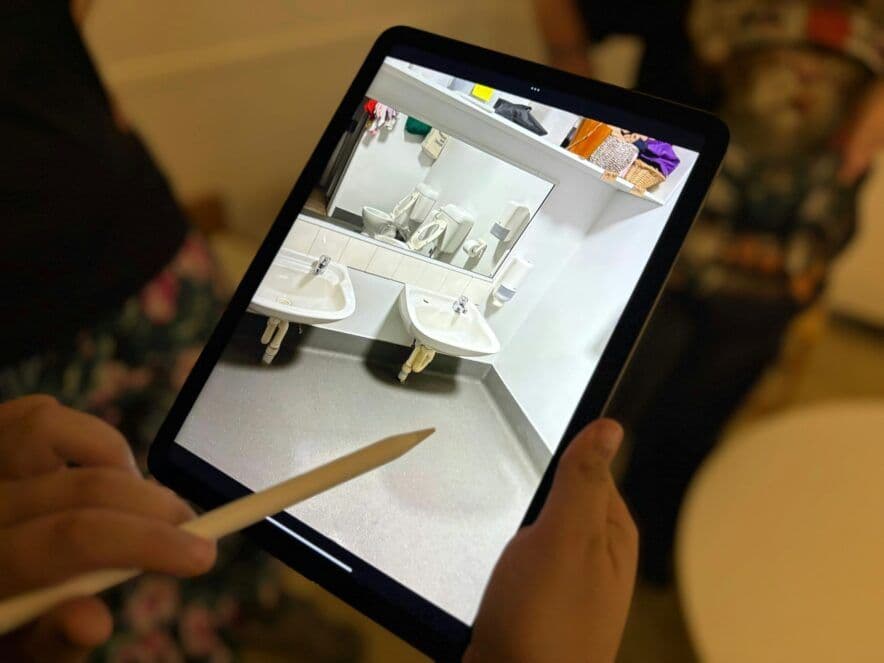Research
Understanding Children
Autism, or developmental trauma? More needs to be done to discern, Flinders says

FDC-Friendly
Freya Lucas
Mar 28, 2025
Save
Children could potentially be receiving ineffective supports due to the similar nature of autism spectrum disorder (ASD) and developmental trauma, Flinders University researchers have warned, saying more work is needed on current screening tools.
“Autism spectrum disorder and developmental trauma are two separate conditions that can look similar in early childhood and, without a thorough diagnostic process, can be confused or misdiagnosed,” Alexandra Brazell from the College of Education, Psychology and Social Work said.“The supports needed for autism versus trauma and attachment-related challenges are very different and screening tools are often used early in the diagnostic process to guide further assessment and support.”
“Our concern is that we don’t know if commonly used screening tools for autism can differentiate between the two conditions, which makes offering the right assessment and support pathway difficult.”
To improve the diagnosis process, researchers are asking parents and caregivers of children aged between 12-42 months of age to help test a screening tool to differentiate between the two conditions that can seem very similar in early childhood.
The study will evaluate the validity of in-person and virtual versions of the Autism Detection in Early Childhood (ADEC), a screening tool for autism in toddlers developed by Professor Robyn Young and colleagues.
“In particular, we’d like to hear from parents or caregivers of children aged 12-42 months of age who may be observing behaviour such as social withdrawal, intense emotional responses, sensory issues, repetitive behaviours or difficulties in communication,” Ms Brazell said.
“This trial will help us to know if the ADEC can be used reliably to distinguish between signs of autism and signs of trauma in early childhood, so clinicians using the tool can be confident they are leading families down the right path of care and support.”
“It is important that we are able to tease apart what may be impacting on a child’s behaviour and ensure that the correct diagnosis is pursued, if needed, so that they can receive the best possible support.”
Ms Brazell and her colleagues have developed a four-part assessment consisting of two in-person play based sessions, one online session, and a series of questionnaires that screen for autism, trauma and attachment challenges, as well as cognitive, language, and adaptive skill development in infants and toddlers.
“We are now recruiting parents and caregivers of children aged 12-42 months of age to test the assessment tool and complete the online questionnaires,” she explained.
“We also offer participants the option to return for a follow-up screening 12-18 months later.
“Due to the nature of the research, we are hoping to include foster parents, families from a refugee background, and survivors of domestic violence, addiction or any other circumstances where children may have had some exposure to early life challenges.”
The study, Professor Young said, will help to inform diagnosticians, referring clinicians, parents and caregivers of the differences in early behaviours between autism and trauma so that families can be supported appropriately.
- All parents and caregivers of children aged between 12-42 months of age are eligible to participate in this study (regardless of any prior diagnoses their child may have received) and are encouraged to determine their eligibility for the trial (contact details here).
- Participants will receive a thorough report of cognitive and adaptive functioning which may be used for NDIS applications or support if eligible or applicable.
The Autism Research Initiative (ARI) has its roots in the early detection and intervention of autistic children and has extended its focus to include autistic individuals across all ages, with a number of projects looking at adult outcomes, the presentation of females, co-occurring conditions, and interactions within the criminal judicial system.
Don’t miss a thing
Related Articles



















